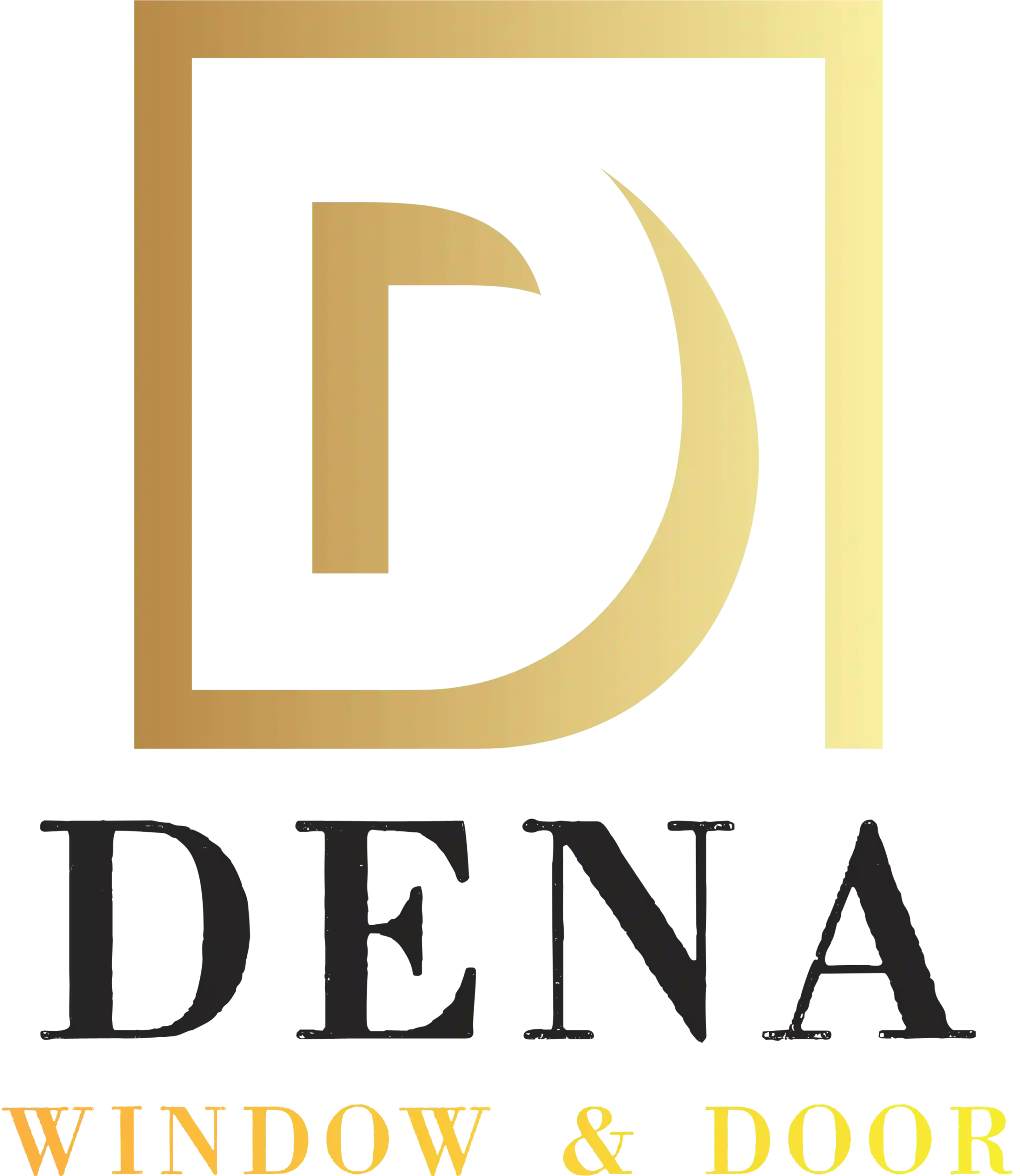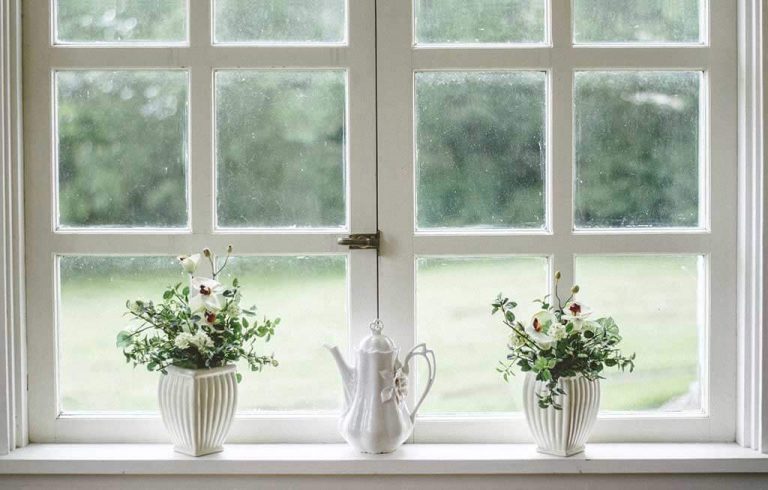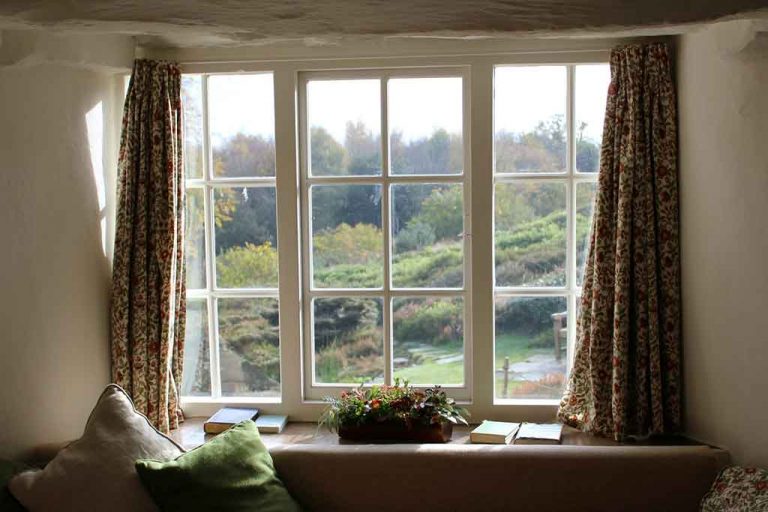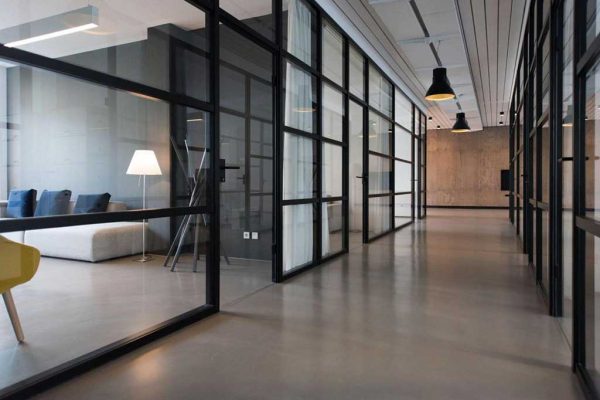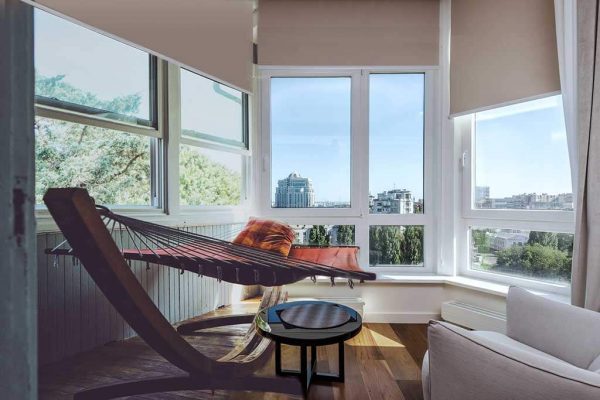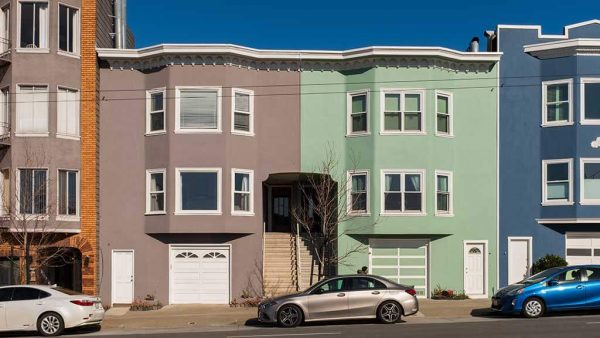Curved Casement Windows: Enhancing Your Home’s Beauty and Functionality
Features of Curved Casement Windows
Curved casement windows offer a unique blend of aesthetics and functionality, making them a popular choice for homeowners and architects alike. Let’s delve into the specific features that set these windows apart:
-
Elegant Curved Design: The hallmark of curved casement windows is their distinctive curved shape. This design element adds a touch of classic elegance and sophistication to any building. The curvature is particularly well-suited for traditional and historical architectural styles, creating a timeless appeal.
-
Hinged Operation: Like standard casement windows, curved casement windows pivot outward on hinges. This simple yet effective mechanism allows for easy ventilation and access to the outdoors. High-quality hinges ensure smooth operation and durability.
-
Variety of Materials: Curved casement windows can be crafted from a range of materials, including UPVC, aluminum, and wood. Each material offers unique benefits:
- UPVC: Known for its affordability, excellent insulation properties, and a wide range of color options.
- Aluminum: Offers superior strength, lightweight construction, and a modern aesthetic, making it ideal for contemporary buildings.
- Wood: Provides a classic and natural appearance, along with excellent insulation properties.
-
Superior Insulation: Double-glazed curved casement windows offer exceptional thermal and acoustic insulation. This helps to reduce energy consumption and create a quieter indoor environment.
-
Enhanced Natural Light: The curved shape of these windows maximizes natural light intake, brightening interior spaces. This is especially beneficial for rooms with limited natural light.
-
Durability and Longevity: Constructed with high-quality materials and hardware, curved casement windows are built to last. They are highly resistant to weather elements, ensuring their longevity.
- Customizable Designs: Curved casement windows can be customized to fit various architectural styles and personal preferences. A wide range of sizes, shapes, and finishes are available to suit your specific needs.
Benefits of Curved Casement Windows
Curved casement windows offer a unique blend of aesthetics and functionality, making them a popular choice for homeowners and architects alike. Here are some of the key benefits:
- Enhanced Aesthetics: The curved design adds a touch of elegance and sophistication to any building, making it stand out. This is especially appealing in traditional and historical architectural styles.
- Improved Natural Light: The curved shape allows for maximum natural light to enter your home, creating a brighter and more inviting interior.
- Superior Insulation: Double-glazed curved casement windows provide excellent thermal and acoustic insulation, reducing energy consumption and noise pollution.
- Durability and Longevity: Constructed with high-quality materials and hardware, these windows are built to last. They can withstand harsh weather conditions without compromising their performance.
- Customization Options: Curved casement windows can be customized to fit various architectural styles and personal preferences. A wide range of sizes, shapes, and finishes are available.
- Increased Property Value: Installing curved casement windows can significantly enhance the value of your property due to their aesthetic appeal and energy efficiency.
- Ventilation: The hinged design allows for easy ventilation, providing fresh air and improving indoor air quality.
- Variety of Materials: Curved casement windows are available in a range of materials, including UPVC, aluminum, and wood, each offering unique benefits.

Types of Curved Casement Windows
Curved casement windows come in various types, each with its own unique characteristics and applications. The best choice for you will depend on factors such as the architectural style of your building, budget, and local climate. Let’s explore the different types of curved casement windows:
-
UPVC Curved Casement Windows: These windows are highly popular due to their affordability, excellent insulation properties, and a wide range of color options. UPVC (Unplasticized Polyvinyl Chloride) is a durable and lightweight material that is resistant to moisture and temperature changes. UPVC curved casement windows are easy to clean and require minimal maintenance.
-
Aluminum Curved Casement Windows: These windows offer superior strength, lightweight construction, and a modern aesthetic. Aluminum is a durable and corrosion-resistant material that allows for intricate and varied designs. Aluminum curved casement windows are commonly used in modern and commercial buildings.
-
Wooden Curved Casement Windows: These windows provide a classic and natural appearance, along with excellent thermal insulation. Wood is a natural and beautiful material that adds warmth and character to any space. However, wooden windows require more maintenance and are more susceptible to moisture and pests.
-
Composite Curved Casement Windows: These windows combine the best of two or more materials. For example, a window with an aluminum frame and double-glazed UPVC panes offers a combination of strength, insulation, and aesthetics.
-
Curved Casement Windows with Specialty Glass: These windows use specialty glass, such as tinted glass, reflective glass, or smart glass. These glasses offer additional benefits like light control, privacy, and energy efficiency.
Read more: Casement Windows
Factors to Consider When Choosing a Window:
- Architectural Style: The window should complement the overall style of your building.
- Budget: Different types of windows have varying costs.
- Climate: In colder climates, windows with higher insulation values, such as wooden or UPVC windows with double-glazed panes, are more suitable.
- Specific Needs: If you have specific requirements, such as increased light control or noise reduction, you may need to choose a window with specialized features.

Key Considerations for Selecting and Installing Curved Casement Windows
The selection and installation of curved casement windows significantly impact a building’s aesthetics, performance, and longevity. Let’s delve into the key factors to consider:
Frame Material
- UPVC: Known for its affordability, excellent insulation, a wide range of colors, and resistance to moisture and corrosion, UPVC is a popular choice for curved casement windows.
- Aluminum: Ideal for modern and contemporary buildings, aluminum offers high strength, lightweight construction, and various color options.
- Wood: For a classic and natural look, wood is an excellent choice. However, it requires more maintenance and is susceptible to moisture damage.
Glass Type
- Double-glazed: Providing superior thermal and acoustic insulation, double-glazed glass helps reduce energy consumption.
- Tinted Glass: Controls the amount of light entering the room and adds visual appeal.
- Reflective Glass: Reduces glare and heat gain by reflecting sunlight.
- Smart Glass: Offers electronic control over the amount of light passing through.
Hardware
- Quality: High-quality hardware ensures smooth operation and longevity.
- Compatibility: Hardware should be compatible with the frame material.
- Variety: A wide range of styles and designs are available to suit different preferences.
Professional Installation
- Importance: Proper installation is crucial to prevent water leaks, reduce insulation, and ensure the window’s lifespan.
- Expertise: Hiring a skilled professional is recommended.
Dimensions and Size
- Accuracy: The window’s dimensions should match the exact opening.
- Architectural Harmony: The size and number of windows should complement the building’s architectural style.
Applications of Curved Casement Windows
- Residential: For improved natural light, enhanced aesthetics, and a spacious feel.
- Commercial: To create modern and inviting spaces, increase employee productivity.
- Public Spaces: For providing natural light in areas like corridors, lobbies, and waiting rooms.
In Conclusion
Curved casement windows offer a unique combination of aesthetics and functionality. By carefully considering factors such as frame material, glass type, hardware, and installation, you can select and install windows that enhance your building’s appearance and performance. Consulting with a window specialist can help you make the best choice for your specific needs.
